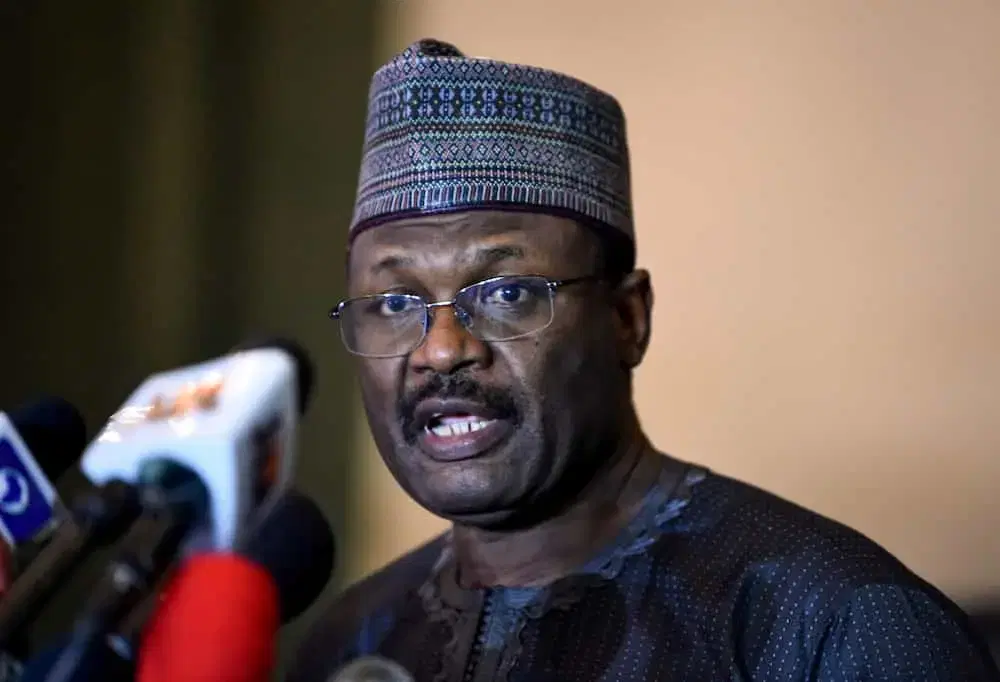
THE Independent National Electoral Commission, INEC, has fixed February 21, 2026, for election into the six area councils of the Federal Capital Territory in Abuja.
INEC Chairman, Prof. Mahmood Yakubu, disclosed this at the first regular consultative meeting with leadership of political parties held at the INEC conference center in Abuja.
Yakubu said the Area Council election in the FCT is the only part of the country where INEC conducts local government election.
He noted that Section 28(1) of the Electoral Act 2022 requires the Commission to issue the notice for elections not later than 360 days before the date of the election.
The last Area Council election in the FCT was held on 12 February 2022.
According to Yakubu, the tenure of the current Chairmen and Councillors ends next year.
“Consequently, the Commission has approved that the 2026 Area Council election in FCT will hold on Saturday 21st February 2026. Voting will take place in all the designated Polling Units across the 68 constituencies to elect the six Area Council Chairmen and 62 Councilors”, Yakubu stated.
He noted that in compliance with the mandatory legal requirements, the notice for the election will be published on February 26, 2025, adding that party primaries will be held from 9th – 30th June 2025.
Yakubu further disclosed that the commission will come up with plans for other routine activities such as the resumption of nationwide Continuous Voter registration (CVR) and the conduct of outstanding bye-elections.
On by-election, the INEC chairman recalled that over the last one and a half years since the inauguration of the current National and State Assemblies in June 2023, vacancies have occurred in 23 constituencies as a result of death of serving members or their voluntary resignation for executive positions.
He said while the Commission had conducted nine bye-elections early last year, 14 more vacancies have occurred since then.
Yakubu said: They are unpredictable, unbudgeted and difficult to plan in advance. Worse, some bye-elections lead to more bye-elections. There were situations where a bye-election in one Senatorial District was won by a serving member of the House of Representatives from the same District thereby creating another vacancy.
“In turn, a member of the State Assembly won the bye-election to the House of Representatives thereby creating a vacancy in the State Assembly. Consequently, one bye-election led to three bye-elections. Not only are these bye-elections costly, they also divert the Commission’s attention from its other extensive electoral responsibilities.
“Over the last nine years since 2016, the present Commission has been advocating for a more cost-effective alternative means of filling vacancies as is the case in many jurisdictions around the world. We have similarly been appealing to stakeholders, including political parties, to join the advocacy and for the National Assembly to amend the law accordingly.
“Just three weeks ago, we canvassed this position once again during the defence of our 2025 budget before the joint committee of the Senate and House of Representatives at the National Assembly. We are glad that more Nigerians are now joining the advocacy. We hope that working together, we will continue to reform and improve on our electoral process.”






